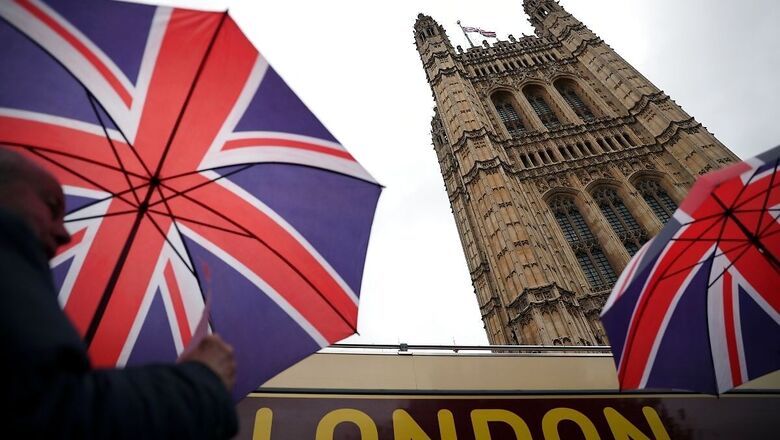
views
London: The UK parliamentary debate called on Monday over safety of protesters and the right to report the protests freely turned out to be as one-sided as expected. The Indian High Commission condemned the debate as such. Seen another way, this meant that just about every MP who turned up was critical of India.
This was expected because only MPs with certain political inclinations would turn up for a debate such as this at all. Thirty-six MPs among the 650 in the UK parliament had already signed the petition calling for the debate. That half of them would turn up at the debate and speak as they signed surprised no one.
Only one MP spoke in support of the Indian government. Theresa Vil liers from the Conservative Party said nations around the world, France most recently, had seen farmers protest over government reforms. Prime Minister Narendra Modi, she said, “was emphatic that commitment to a minimum support price has been retained, and the government had offered to postpone implementation of the laws by 18 months.”
When thousands are involved in demonstrations and encampments lasting months, “no policing response can altogether avoid controversial episodes,” she said. “After all, complaints about police officers here in the UK are frequently made after mass protests, but that is not evidence that democratic values are under threat in this country, and nor is it in India.” Rather than denigrating India, she said, ‘we should celebrate it as the democratic success story that it is.’
Complete Ignorance
Following the debate, Conservative MP Bob Blackman said many MPs had “spoken in complete ignorance of what is going on.” He defended the Indian government on the farm laws, and over safety of protesters and over media freedom in reporting the protests.
The thrust against India came mainly from Labour Party MPs. And that came on many counts, not just the farm laws or even the issues of the right to protest and report the protests. The MPs of Pakistani origin all turned up to speak, bringing up the predictable rhetoric around Kashmir and minority rights within India. Every Labour MP who has had a go at India over one count or another in the past turned up to have their say on this occasion, if not on this subject.
Former Labour leader Jeremy Corbyn said the farmers found support from 250 million people following a national strike, which he called “the biggest ever industrial dispute in the history of this planet.” Corbyn said the National Union of Journalists in the UK had expressed concern Indian media have been “prevented from reporting on this issue.” He added: “Most of the British media have barely reported on it.”
He quoted Sabina Inderjit, general secretary of the Indian Journalists Union, as saying: “Democracy in India is in danger. Its fourth estate is badly bruised and battered. Over the past five years, the country’s independent and free press, which has aided India to gloat of being a vibrant democracy, is being systematically and ruthlessly attacked like never before.” The British parliament, he said, should listen to Sabina Inderjit.
Replying to the debate, minister for Asia Nigel Adams said the UK government believes that while agricultural policy is a domestic matter for the Indian government, the UK government believes that freedom of speech, internet freedom and the right to peaceful protest are vital to any democracy. He said “we look to the Indian Government to uphold the freedoms and rights guaranteed to the Indian people by the constitution and by the international instruments to which India is party.” Concerns over these had been raised and will continue to be, he told MPs.
But he said India has a “vibrant media scene” that the UK government has worked to support through the Chevening scholarships. Last year he said “we supported the Thomson Reuters Foundation to run workshops for Indian journalists to help them report on human rights issues.”
The Indian High Commission said in a statement following the debate: “We deeply regret that rather than a balanced debate, false assertions – without substantiation or facts – were made, casting aspersions on the largest functioning democracy in the world and its institutions.”
The high commission said that “foreign media, including the British media, are present in India and have witnessed the events under discussion first-hand. The question of lack of freedom of the media in India does not arise.”
Read all the Latest News, Breaking News and Coronavirus News here




















Comments
0 comment